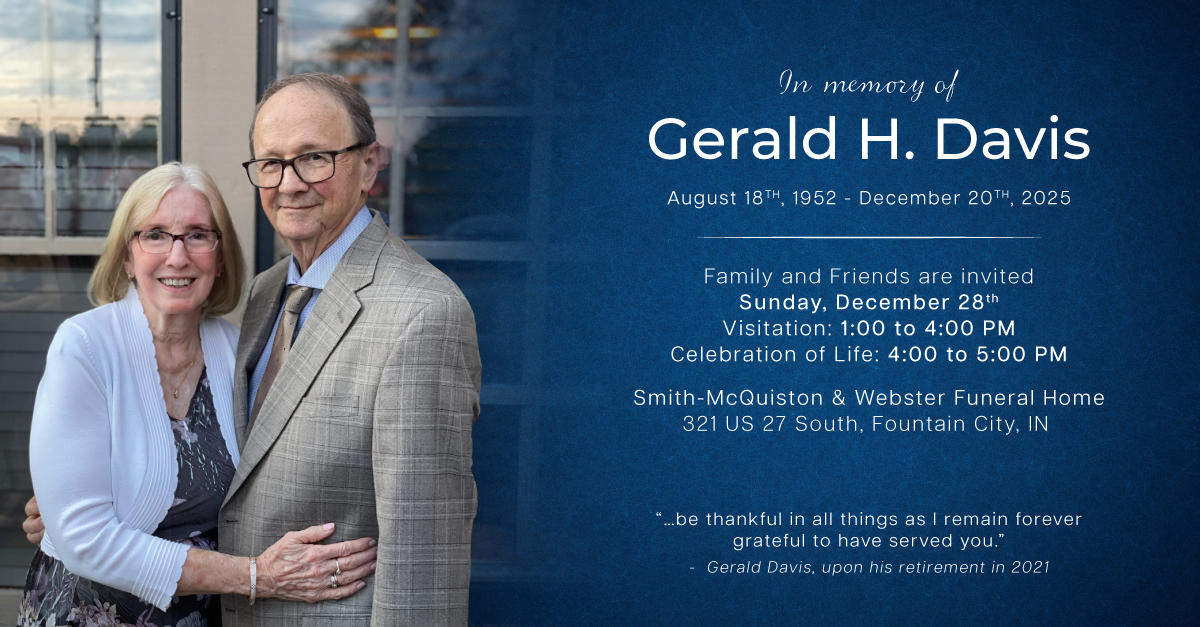Veterans groups and lawmakers suggest that VA take over Arlington Cemetery

Veterans groups and members of Congress are questioning whether management of Arlington National Cemetery should be transferred from the Army to the Department of Veterans Affairs.
The discussions come after investigators found dozens of unmarked or mislabeled graves, millions of dollars wasted on technology contracts and mismanagement that stretched from the cemetery’s leadership to the upper echelons of Army leadership in the Pentagon.
“Let’s let the experts take over,” said Joe Davis, a spokesman for the Veterans of Foreign Wars, the country’s oldest major veterans organization. Running cemeteries “is a primary task of the VA, whereas the Army’s primary task is to fight and win our wars.”
The American Legion has also called for the VA to be more involved at Arlington, the nation’s busiest military cemetery, which has an average of 27 funerals a day and 4 million visitors annually. And several members of Congress, including Rep. Ike Skelton (D-Mo.), chairman of the Armed Services Committee, have asked whether the VA, which manages 131 cemeteries nationwide with 3 million graves, would be better suited to operate Arlington.
The VFW called the VA “a recognized expert in the maintenance and operation of national cemeteries.” In a statement, the American Legion said it was heartened to hear that the Army has appointed a top VA cemetery official as interim superintendent of Arlington.
If the VA “can fix the problems at Arlington, then that option should be on the table,” said Paul Rieckhoff, the founder and executive director of Iraq and Afghanistan Veterans of America.
VA officials would not comment in the absence of a formal request to transfer authority over the cemetery. But since the scandal broke, the department has been lending its expertise, and staff, to help the cemetery remedy its problems.
Investigators looking into allegations of mismanagement at Arlington initially found more than 200 unmarked or mislabeled graves, as well as cases in which funeral urns had been dug up and dumped in a dirt pile. But the number of burial problems will probably grow much higher, officials say, as they widen the probe, a process that could take months and might include exhuming remains to determine who is buried where.
Army investigators attributed those problems to mismanagement at the cemetery, and the top two leaders were ousted as a result. But Senate investigators also found a lack of financial oversight by Army officials tasked with overseeing the cemetery. Army officials in the Pentagon recently said they cannot find as many as half of the contracts for IT services at the cemetery.
Complaints unheeded
Veterans’ advocates wondering whether Arlington would be better managed under the VA were also bothered that Army officials ignored warnings from a whistleblower who for years tried to alert Army officials in the Pentagon to problems with millions of dollars being awarded to questionable contractors.
Rory Smith, the cemetery’s former budget director, took his concerns up the chain of command, but they were dismissed by top Army officials, who continued to allow the cemetery to spend millions of dollars on information technology systems that never came to fruition.
Ultimately, Smith was reprimanded by his superiors at Arlington. In a union grievance and a whistleblower complaint, Smith alleged he was punished for speaking out.
Despite widespread problems with the Army’s management of Arlington, Army Secretary John McHugh has remained steadfast that the cemetery should stay under the military’s purview.
When asked at a recent congressional hearing led by Skelton whether the VA should take over, he said it is the Army’s “responsibility to carry those fallen heroes, particularly in time of war, to their final resting place.” McHugh said the department did not want to “burden others because of the shortcomings of the United States Army.”
Through a spokeswoman, Skelton said that the committee “respects the Army’s connection to the cemetery and is inclined to support its desire to remain in control, but we will continue to exercise full oversight to ensure that they live up to the high standard that is expected of them.”
Maintaining the bond
In 1973, all but two of the Army’s cemeteries — Arlington and the Soldiers’ and Airmen’s Home National Cemetery — were transferred to the VA, which officials thought could better manage them. Arlington stayed with the Army in part because “a bond has evolved through the years between those who have dedicated their lives to the military profession and all those who rest in Arlington’s hallowed grounds,” according to a 1974 study of the national cemeteries.
The VA started keeping digital records of all new interments in its cemeteries in 1994. In 2003, it launched a five-year, $1.5 million project to digitize its older records, which date to 1862. Its burial records are now searchable online. The Army, in contrast, failed to digitize records at Arlington despite spending as much as $8 million and still uses the paper records that led to the burial problems.
One of the problems, officials have said, is that during a time of war, the cemetery, with its $40 million budget, became an afterthought in a department that spends $140 billion annually.
In 2004, Smith, the former budget director, became concerned with what he thought were shoddy contracting practices related to the effort to automate Arlington’s records. He warned an official with the Office of Management and Budget, which stopped the cemetery from spending more money on the effort.
Shortly after the halt, Smith, whose struggle was first reported by Salon.com, said he was harassed and given tasks outside of his purview and then was suspended for three days for insubordination.
The Office of Special Counsel declined to take action on Smith’s complaint. But the union appealed his suspension, which was overturned. Smith retired in 2007.
After the OMB stopped Arlington’s spending, Claudia Tornblom, the deputy assistant secretary of the Army for civil works, wrote an e-mail to the OMB official who stopped Arlington’s spending, saying: “I believe you have been influenced inappropriately by one disgruntled ANC employee who is trying to stir up controversy.” She chastised him for using “words like ‘disaster,’ ‘stunned,’ ‘throwing money at contractors,’ or ‘no product to show for it’ ” to describe Arlington’s attempts to automate its records.
During a Senate hearing on the cemetery’s contracting issues last month, Sen. Claire McCaskill (D-Mo.) confronted Tornblom, saying Smith was “spot on. . . . It is a disaster. We were throwing money at contractors, and we have absolutely nothing to show for it.”
In response, Tornblom said, “It’s clear now that Mr. Smith was correct about those things.”
Source: The Washington Post



